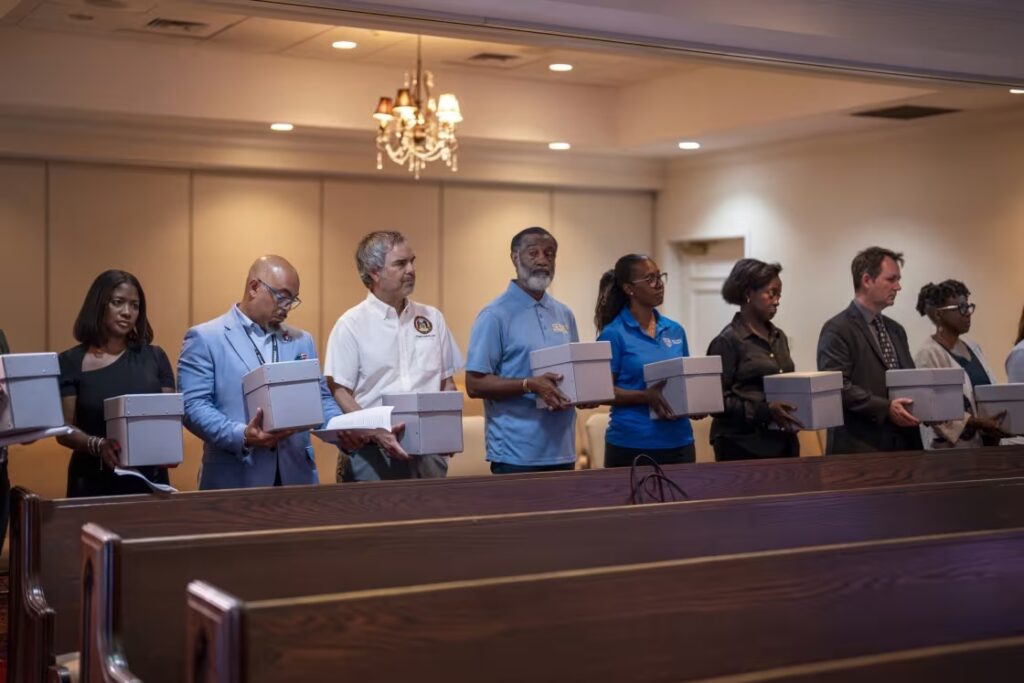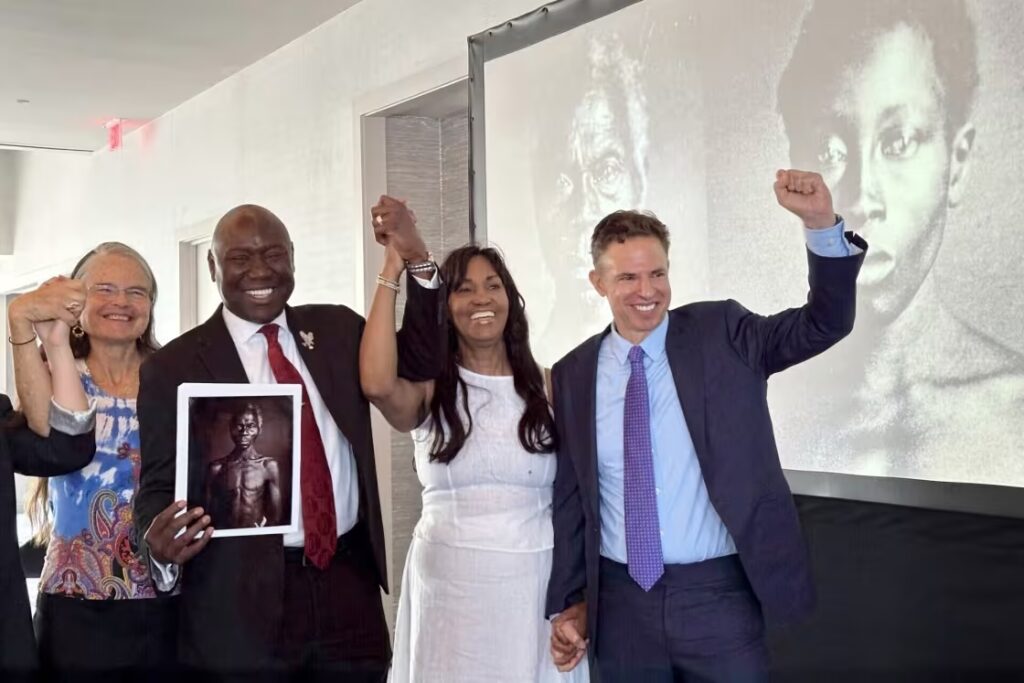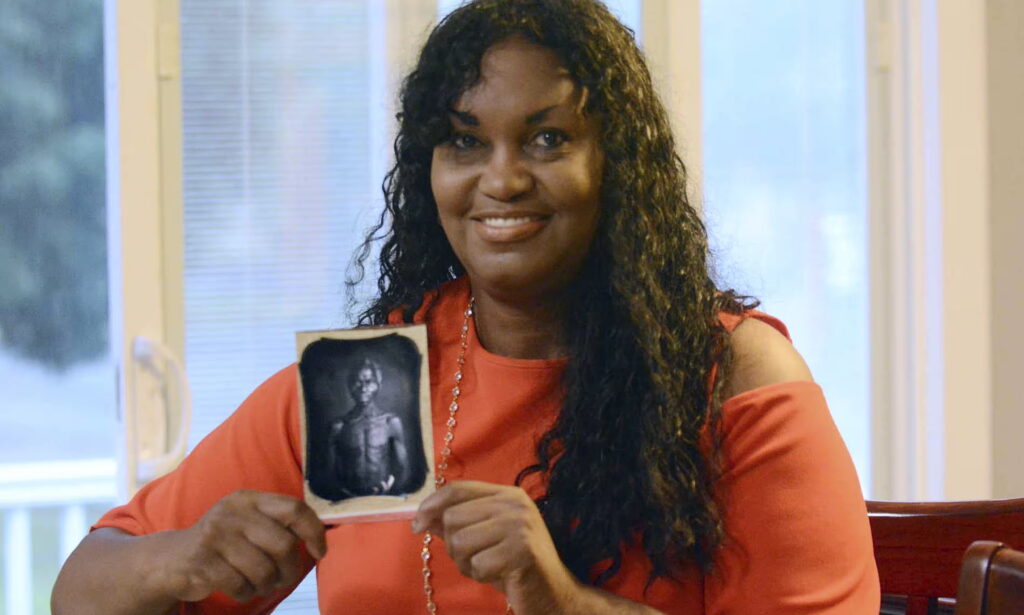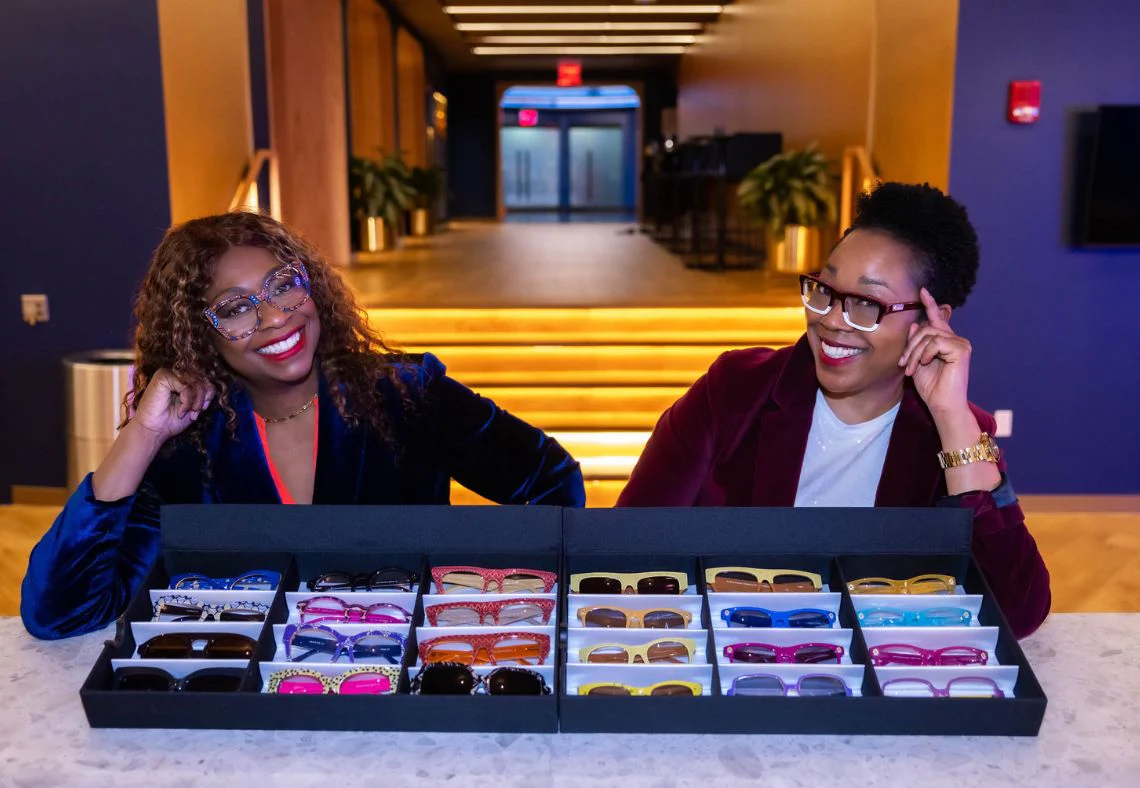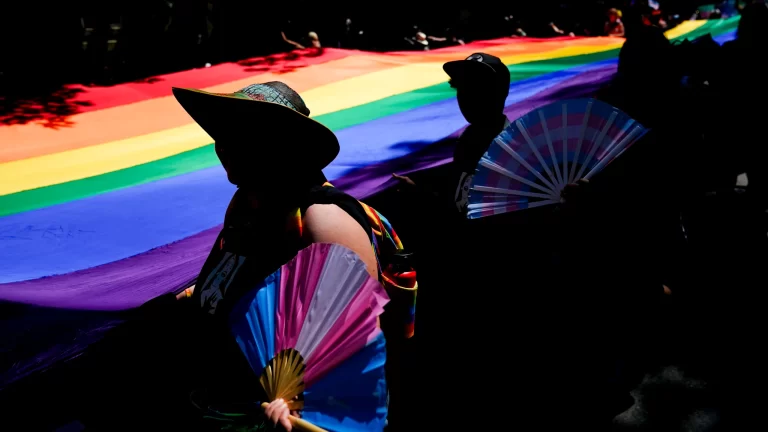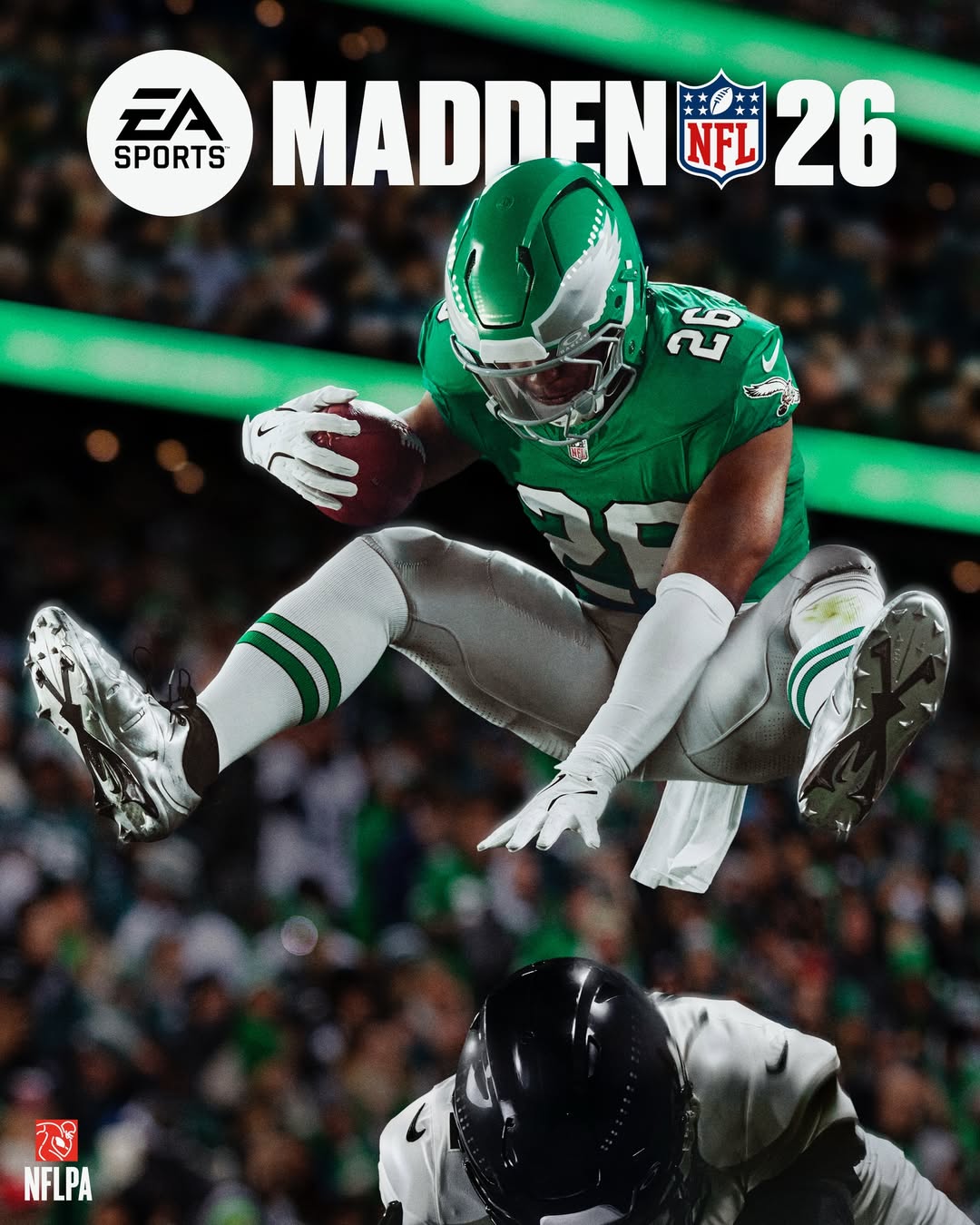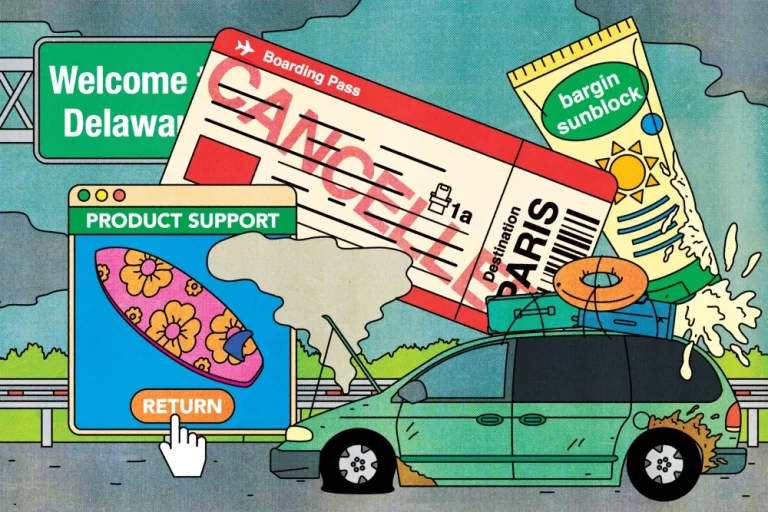Political and Cultural Boycotts are Now a Real Business Risk
Big-name brands like Walmart, Target, and Home Depot are putting it in writing: political and cultural boycotts are now a real business risk.
In their latest filings to investors, these companies are warning that backlash over diversity, equity, and inclusion (DEI) programs — as well as environmental and social policies (ESG) — could damage their reputation, hurt sales, and trigger lawsuits. In short: politics is now part of the profit conversation.
“Consumers may be dissatisfied if a company takes a particular position on a social issue — or if it takes no position at all,” explained Kristen Jaconi, director at USC’s Peter Arkley Institute for Risk Management.
Target also admitted it’s getting squeezed from both sides. When it offered LGBTQ-themed items, conservative groups attacked. When it rolled back diversity programs, others pushed back. The result? A drop in sales and lingering distrust.
Walmart echoed that concern, warning that strong public opinions on both sides of DEI and ESG issues could spark “boycotts, negative publicity campaigns, litigation and reputational harm.”
And it’s not just the retailers. Brands like Kroger, Abercrombie & Fitch, and PVH Corp. (which owns Calvin Klein and Tommy Hilfiger) are sounding the alarm too. They say the political climate — especially under Republican pressure — has made sustainability and diversity goals harder to pursue without fear of backlash.
Kroger pointed out that changes in the U.S. administration could “lead to increased criticism and associated reputational harm.” PVH warned of “retaliatory legislative treatment” and boycotts tied to their social policies.
So why the sudden caution?
Historian Lawrence Glickman, who studies consumer activism at Cornell, says it’s a sign of the times:
“Boycotts have been successful enough that companies are now worried about them.”
The bottom line? Whether companies lean into social issues or try to steer clear, they’re caught in the crossfire — and they know it.







